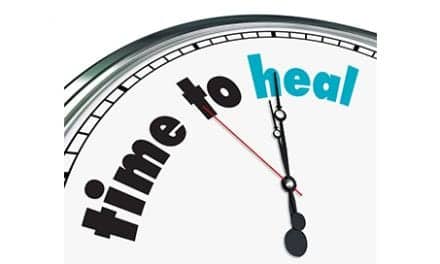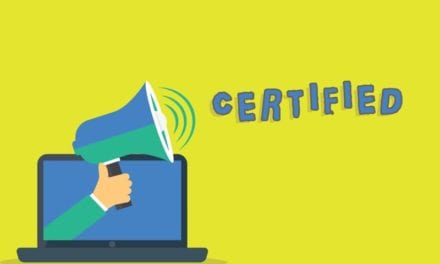Individualized brain stimulation therapy improves language performance in stroke survivors, according to scientists at Baycrest Centre for Geriatric Care, in a study published in Scientific Reports.
“Aphasia can be very isolating. It can negatively affect people’s personal relationships, and it often determines whether or not someone can continue working.”
— Dr Jed Meltzer, Baycrest’s Canada Research Chair in Interventional Cognitive Neuroscience and a neurorehabilitation scientist at Baycrest’s Rotman Research Institute (RRI)
In the study, Meltzer and his team tested language performance and used magnetoencephalography (MEG) to measure brain waves in 11 stroke survivors with aphasia before and after they underwent brain stimulation therapy.
The scientists found that the participants had abnormal electrical activity in brain regions close to but outside the area destroyed by the stroke. This abnormal activity was mainly a shift to slower brain waves, a pattern they have also observed in individuals with dementia, a media release from Baycrest Centre for Geriatric Care explains.
“We mapped that abnormal activity and targeted it using non-invasive brain stimulation. We found that the stimulation made the activity more normal — that is, faster — and improved language performance in the short term.”
Dr Jed Meltzer
Addresses Abnormalities in the Brain
This study suggests not only that brain stimulation works in aphasia patients, but also that the reason it works may be because it addresses abnormalities in the brain surrounding the destroyed tissue.
Another novel aspect of this work is that the scientists targeted each individual’s abnormal brain activity with the stimulation treatment. In contrast, the standard approach in previous studies has been to use the exact same treatment, targeting the same brain areas, on every patient, the release continues.
“Our results demonstrate a promising method to personalize brain stimulation by targeting the dysfunctional activity outside of the destroyed brain tissue.
“Aphasia patients are highly variable in terms of where their brain damage is and what part of the brain should be stimulated for therapy. By mapping individuals’ brain waves, we are finding ways to target the right area to improve their language performance.”
— Dr Jed Meltzer
Could Also Be Useful for Dementia Patients
While the participants in this study were stroke survivors, individuals with dementia have similar dysfunctional tissue in their brains, and the scientists are also examining the use of brain stimulation in this group.
Meltzer and his team looked at the immediate effects of single stimulation sessions in this study. As a next step, they have received funding from the Heart and Stroke Foundation to conduct a full-scale clinical trial looking at the longer-term impacts of repeated stimulation for stroke survivors with aphasia.
However, this study has been suspended because of the restrictions on in-person research participation due to the COVID-19 pandemic. In the meantime, the scientists have pivoted to optimize other aspects of aphasia treatment.
With additional funding, the researchers could test different types of stimulation with more patients over more sessions, allowing them to make faster progress in developing this treatment for individuals with aphasia, per the release.
[Source(s): Baycrest Centre for Geriatric Care, Science Daily]
Related Content:
Post-Stroke Language Recovery is a Marathon, Not a Sprint
Improvement in Arm Function Seems to Promote Speech Function for Stroke Patients
Virtual Reality May Help Improve Communication in Stroke Patients with Aphasia





